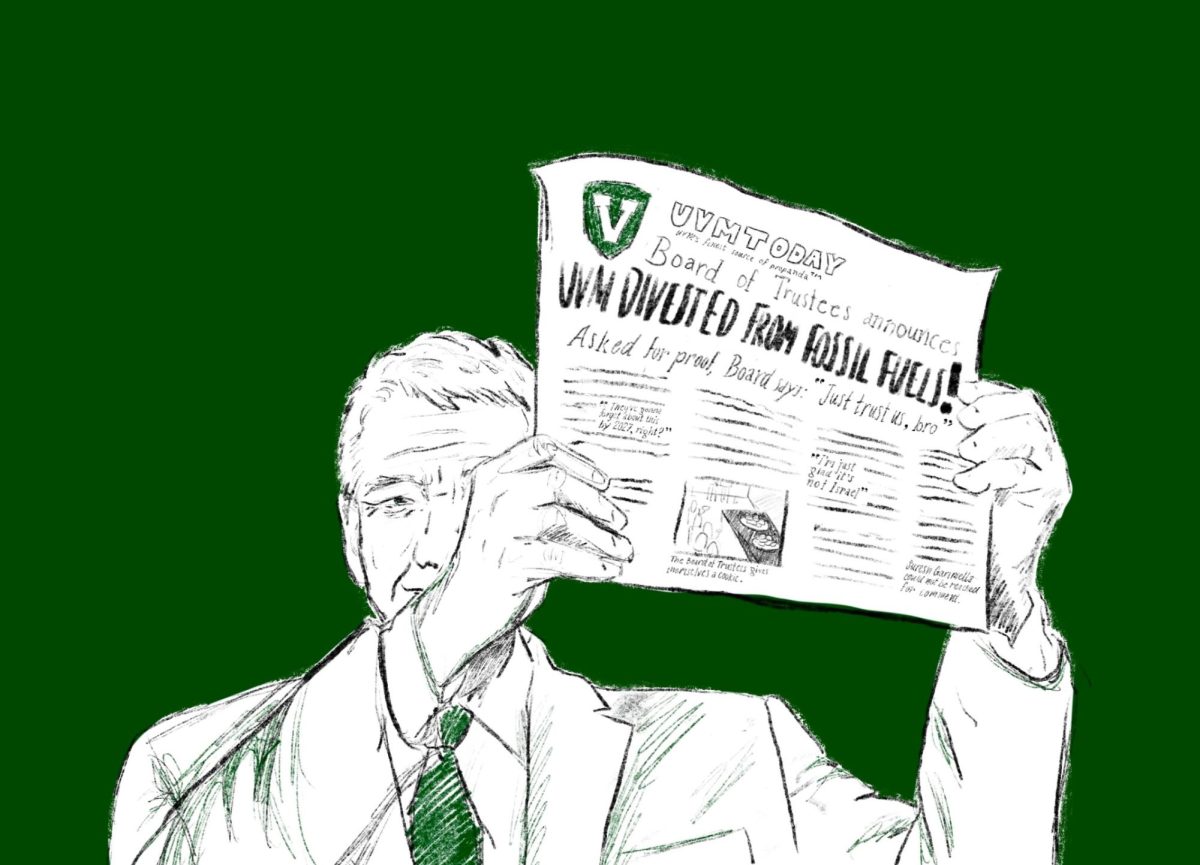On Thursday, November 4th Bryant Jones, SGA president, vetoed a resolution in support of a Project Labor Agreement (PLA) for new construction on campus. The resolution was narrowly passed by in the SGA Senate by two votes on Tuesday, November 2nd. Students lobbying for the PLA gathered over 700 signatures from students and faculty who support the measure.
Jones’ decision to veto the resolution has caused a great deal of response from people representing the two sides of the issue, both within the SGA and the student body at large.
Senator Brady Fletcher, the original author of the resolution, resigned from the SGA senate in protest of the veto. A few senators are working to gather enough support within the SGA Senate to overturn Jones’ veto. For this, two-thirds of the senate will have to vote in favor of the resolution.
Jones told the Cynic that he supports workers earning livable wages and that he believes that the SGA should pass a resolution supporting livable wages for all workers at UVM not just the construction workers. His reason for vetoing the resolution was that he did not believe there was enough balanced information to actually make a decision.
There were 10 abstentions along with 5 absent senators who did not vote. Supporting Jones’ claim that there was not enough information to make a decision, the 10 senators who abstained did so for just that reason.
The information that the senators were given only represented the views and facts from those supporting the PLA, and there was little information presented by its advocates in regard to what extra costs the university and its students would incur. The Vermont Workers Center said that on average 30 percent increase in workers pay correlates to a 5 percent increase in total cost. But, there have been no specific dollar amounts presented to show how much the PLA would increase total cost of construction.
Furthermore, it has not determined who will cover the extra costs that associated with the PLA. SGA Senator Ben Wildstein commented, “I would love to support the PLA, my only concern is the programs potential to cause a direct increase in tuition. While the policy would be great for construction workers (who are only temporary UVM employees), it will not benefit students of this university.”
The Board of Trustees will make the final decision for the PLA. SGA resolutions on issues that will ultimately be decided by the Board of Trustees have no official bearing on what the Board decides. Even if the resolution in support of the PLA was passed by the SGA, it would not necessarily mean the Board would come to the same decision. Historically the Board has been much more hesitant to make these agreements.
The PLA is a labor contract that is agreed to by the contractor, the laborers, and the financier to ensure a livable wage to all workers, proper healthcare and other benefits, as well as a no-strike clause to ensure that there are no strikes that many times cause projects to end over budget and not on schedule.
Most PLAs around the country demand that only union workers be allowed to work on the projects, which is where one of the main criticisms of PLAs comes from. Only 20 percent of American craftsman and laborers are members of unions, so in places where there are not resident union members to fulfill all jobs required, union members from outside of the state are brought in, rather than resident craftsman who are not affiliated with a union.
This has been an expressed concern by many at the university, but the PLA being negotiated at UVM is not limited to only union workers, it is open for all workers. Another large issue here is that construction workers in the state of Vermont are among the lowest paid in the nation.
Many construction workers living in Vermont are forced to go outside of the state for work. There have been many cases where laborers who live in Northern Vermont have had to commute to the greater Boston area in order to earn enough money to support families.
Other arguments made by supporter of the PLA is that if workers do not receive livable wages and healthcare benefits from their employers they will have to fallback on government assistance, costing tax dollars. Advocates of the PLA insist that the agreement ensures efficiency in completing construction projects because under a PLA plans are agreed on for all stages of the construction process. A job site can have multiple unions and managers at any given time, each one specializing in a specific craft.
Also, the different stages require different craftsman for different unions or independent firms. Negotiating terms and payment often holds up the construction process because their contracts are worked while the construction process is under way. Under a PLA everything is agreed prior to construction that in most cases eliminates disputes during the construction process that may cause many delays and money.
Supporter of PLA’s often quote the praises given by Massachusetts Senator Edward Kennedy who said, “There is no better way to ensure an on-time, on budget project built with local worker while stimulating the local economy.”
Also, New York Governor George Pataki said, “Project Labor Agreements are an effective means to complete projects quicker and at considerably less cost.” The PLA is being strongly supported and by Students for Peace and Global justice, these were the students who collected the 700 plus signatures from student and faculty on campus.













![Can’t buy me [self] love](https://vtcynic.com/wp-content/uploads/2024/04/self-care-FINAL-1200x796.jpg)


